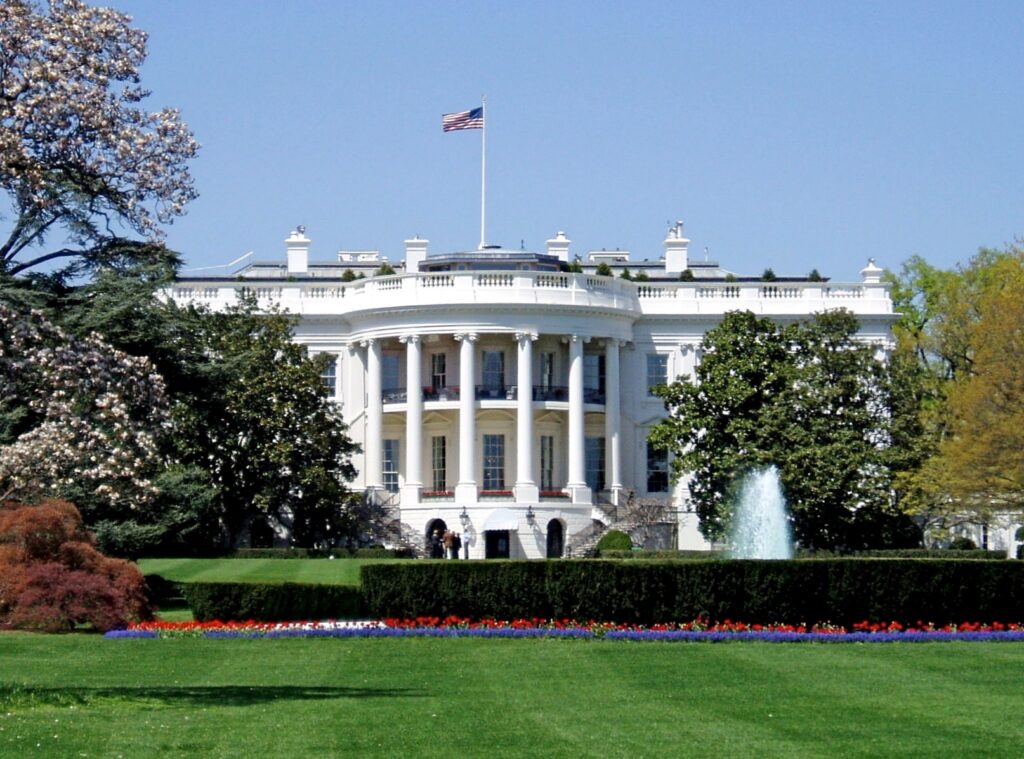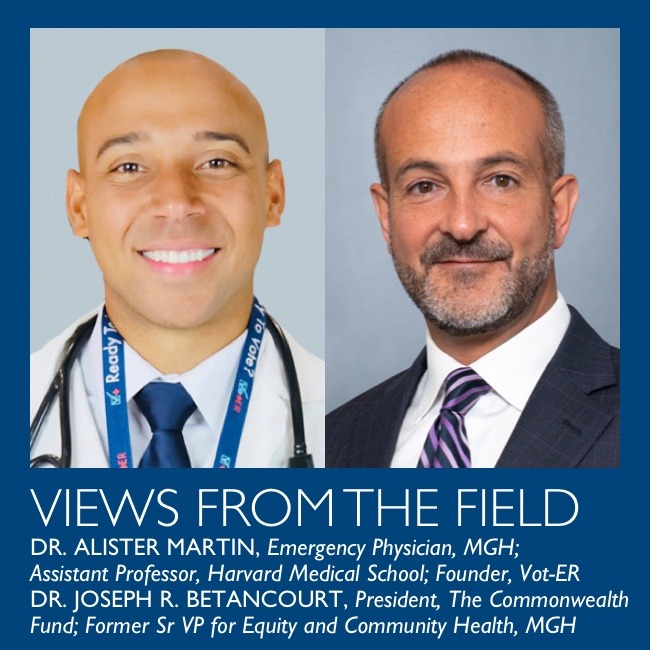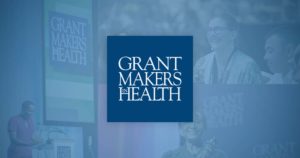The Final Reconciliation Package: Implementation of Key Provisions
On July 4, 2025, H.R. 1, the One Big Beautiful Bill Act, was signed into law. The implementation dates for key health care provisions in the law vary, with some taking effect immediately upon passage and others being implemented over several years. This resource details key dates for the implementation of the law’s most significant health care provisions.
Deadlines in Health-Related Executive Orders and Presidential Memoranda
This GIH policy resource details many of the health-related executive orders issued by the administration and includes a calendar of upcoming implementation deadlines.
Beyond the Exam Room: Impacting Health Outcomes Through Civic Engagement
August marks Civic Health Month, a time to showcase the link between voting and health and celebrate efforts that ensure every voter can support their community’s health at the ballot box. At the same time, the United States is grappling with a health care system ranked 37th globally despite consuming 17 percent of the country’s GDP. With 26 million Americans uninsured and 43 million underinsured, the gap in access to care continues to widen. This crisis will deepen as critical ACA subsidies expire at the end of 2025, potentially leaving 3.8 million more Americans without coverage, in addition to new federal cuts to Medicaid and changes to how coverage is accessed through the health insurance marketplace, which could result in as many as 20 million Americans losing their health insurance.
Integrating Health Services for People with Co-Occurring Mental Health and Substance Use Disorders
Care for people with co-occurring conditions remains terribly fragmented. Three separate systems exist—health, mental health, and substance use services— to care for each individual problem, each one with its own set of norms, culture, regulations, reimbursement process, and accountability.
2012 Terrance Keenan Institute Fellows Announced
GIH is pleased to announce the 2012 Terrance Keenan Institute for Emerging Leaders in Health Philanthropy fellows.
Dental Hub and Spoke Project Links Kansans in Underserved Areas to Dental Care
Kansas, like many states with a vast rural geography, has substantial areas with little or no access to oral health services. Studies of the Kansas dental workforce show 93 of 105 counties do not have enough dentists to serve their population.




